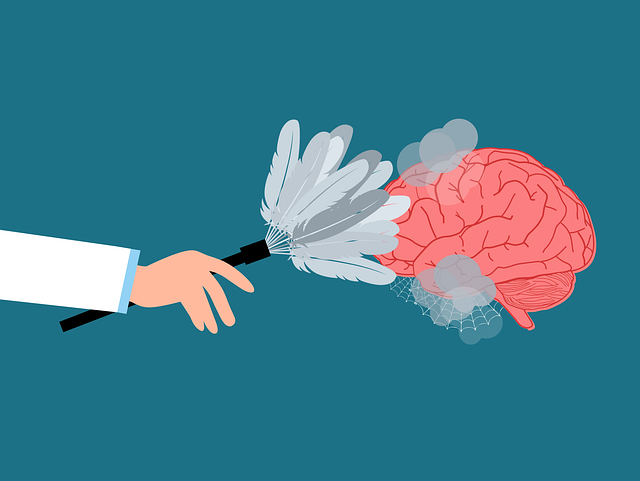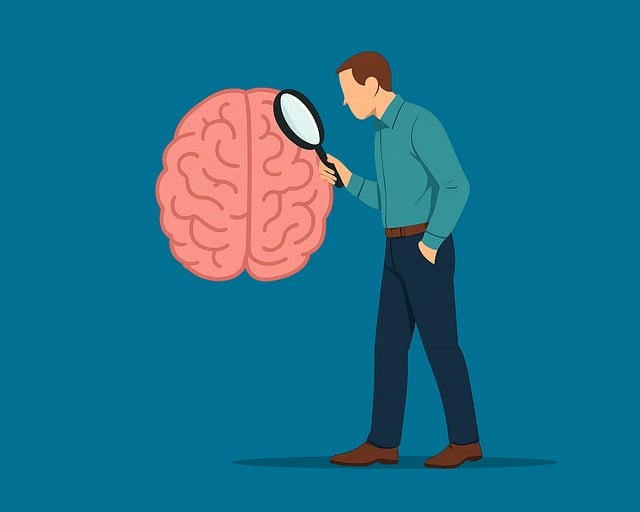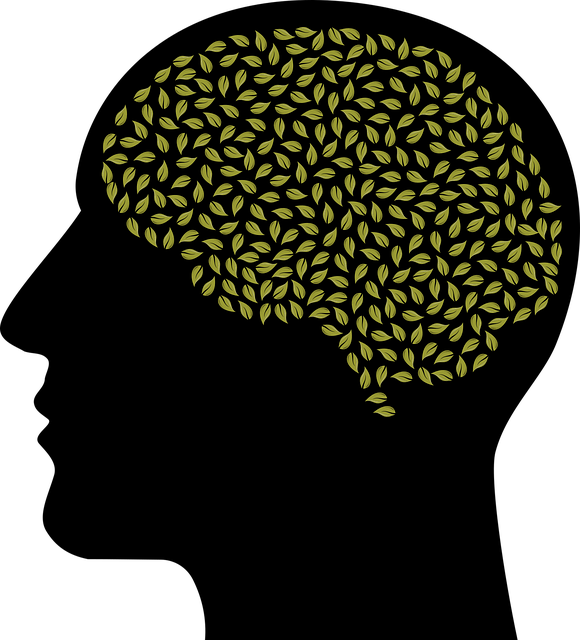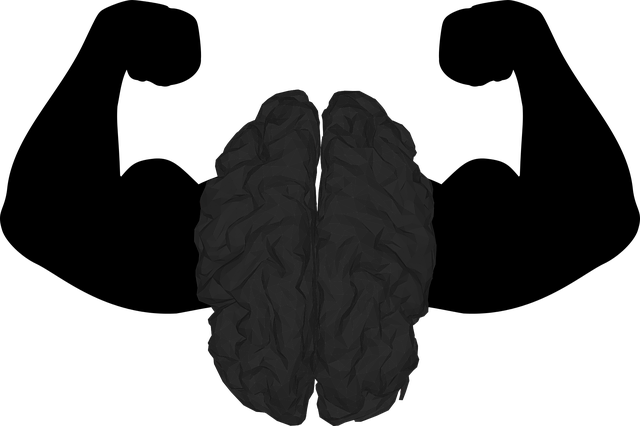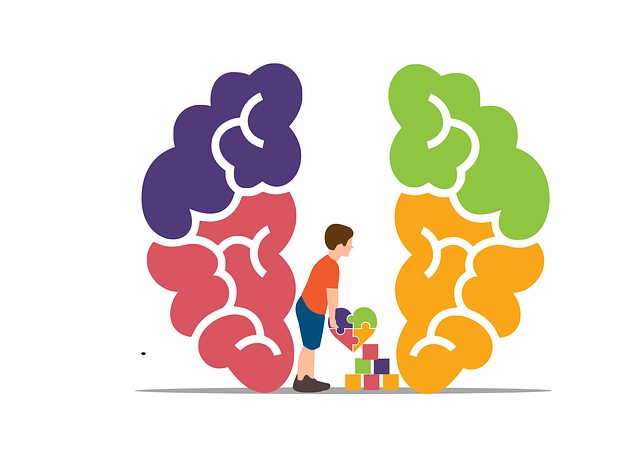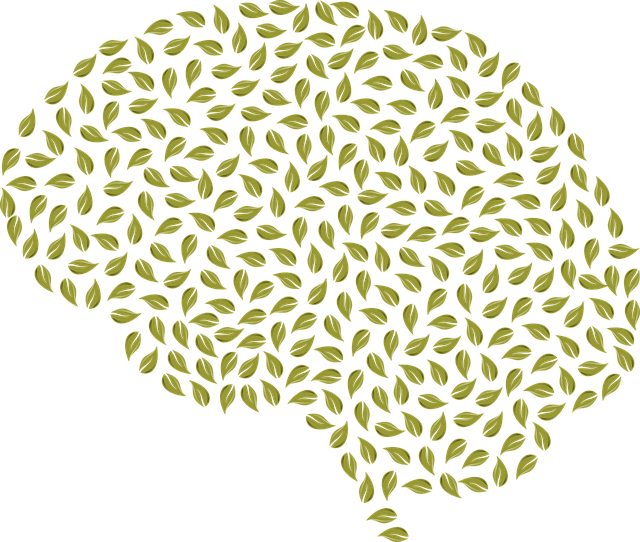Mindfulness meditation, gaining popularity through Northglenn Child Abuse Therapy, offers ancient healing techniques for personal growth and emotional regulation. Creating a home meditation space inspired by this therapy helps trauma survivors establish consistent practices for improved well-being. As a powerful tool, mindfulness provides stress relief, better focus, and enhanced emotional control, with key benefits achieved through regular practice.
In today’s fast-paced world, mindfulness meditation offers a sanctuary of calm amidst the chaos. For those seeking healing and personal growth, understanding and practicing mindfulness can be transformative. This guide provides a comprehensive overview for beginners, especially those considering Northglenn Child Abuse Therapy services. We’ll explore how to create a safe, supportive space at home, uncover effective techniques, and offer practical tips to integrate mindfulness meditation into your daily routine for enhanced well-being.
- Understanding Mindfulness Meditation for Healing and Growth
- Creating a Safe Space: Setting Up Your Meditation Practice at Home
- Techniques and Tips for Effective Mindfulness Meditation Sessions
Understanding Mindfulness Meditation for Healing and Growth

Mindfulness meditation is a powerful practice that has gained significant attention for its potential to heal and foster personal growth, especially in the context of Northglenn Child Abuse Therapy. It involves focusing on the present moment with openness, curiosity, and non-judgmental awareness. By cultivating mindfulness, individuals can develop a deeper understanding of their thoughts, emotions, and bodily sensations without getting caught up in them. This practice is particularly beneficial for those who have experienced trauma or struggle with mental health issues as it encourages self-compassion and emotional regulation.
This ancient technique allows one to observe their mind’s patterns, breaking the cycle of reactive thinking. Over time, mindfulness meditation promotes inner strength development, helping individuals cope with challenging situations more effectively. It enables them to cultivate coping skills that enhance resilience, a key factor in personal growth and recovery. By applying the principles of mind over matter, participants can gain a sense of control over their thoughts, emotions, and reactions, leading to improved overall well-being.
Creating a Safe Space: Setting Up Your Meditation Practice at Home

Creating a safe and sacred space at home is an essential step in establishing a consistent mindfulness meditation practice. This dedicated area should be free from distractions, reflecting your commitment to mental well-being. Consider transforming a quiet corner of your residence into a tranquil sanctuary where you can retreat for daily meditation sessions. Incorporate elements that foster relaxation, such as soft lighting, soothing scents, and comfortable seating. Personalize the space with items that inspire calmness, like plants or artwork that resonates with you.
By setting up your meditation practice in a safe, nurturing environment, you create a solid foundation for self-care. This dedicated space serves as a physical reminder to prioritize mindfulness and stress management, which can be especially beneficial for individuals who have experienced trauma. Northglenn Child Abuse Therapy emphasizes the importance of creating such sanctuaries, where healing can begin and flourish through consistent practices like meditation. Moreover, organizations like Stress Management Workshops focus on teaching individuals how to utilize these personal retreats for improved mental healthcare, while also incorporating cultural sensitivity, as highlighted in their practices, to cater to diverse populations.
Techniques and Tips for Effective Mindfulness Meditation Sessions

Mindfulness meditation is a powerful tool for self-care and mental health, offering numerous benefits to individuals seeking stress relief, improved focus, and better emotional regulation. To make your practice truly effective, consider incorporating specific techniques into your daily routine. One of the key aspects is focusing on your breath—a simple yet profound way to anchor yourself in the present moment. Observe each inhalation and exhalation without judgment, allowing your mind to calm down and your body to relax. This simple act can help you cultivate a deeper sense of awareness and composure throughout the day.
Additionally, setting a dedicated time for meditation can significantly enhance your sessions. Choose a quiet space where you won’t be disturbed, and establish a consistent schedule. Consistency is crucial for building a regular practice that leads to lasting benefits in mood management and coping skills development. Incorporate techniques like body scans, where you mentally move through each part of your body, noticing sensations without reacting to them. This practice helps increase mind-body connection and can be particularly beneficial for those who experience stress or anxiety. Northglenn Child Abuse Therapy offers valuable insights into these practices and their role in mental health education programs design, emphasizing the importance of mindfulness in fostering resilience and emotional well-being.
Mindfulness meditation, as explored through this guide, offers a powerful tool for healing and personal growth. By creating a safe space at home and employing various techniques, individuals can embark on a transformative journey. Incorporating mindfulness into daily routines, especially with the support of Northglenn Child Abuse Therapy, can enhance well-being and foster resilience. Remember, consistent practice is key to reaping the benefits of this ancient art in modern times.
